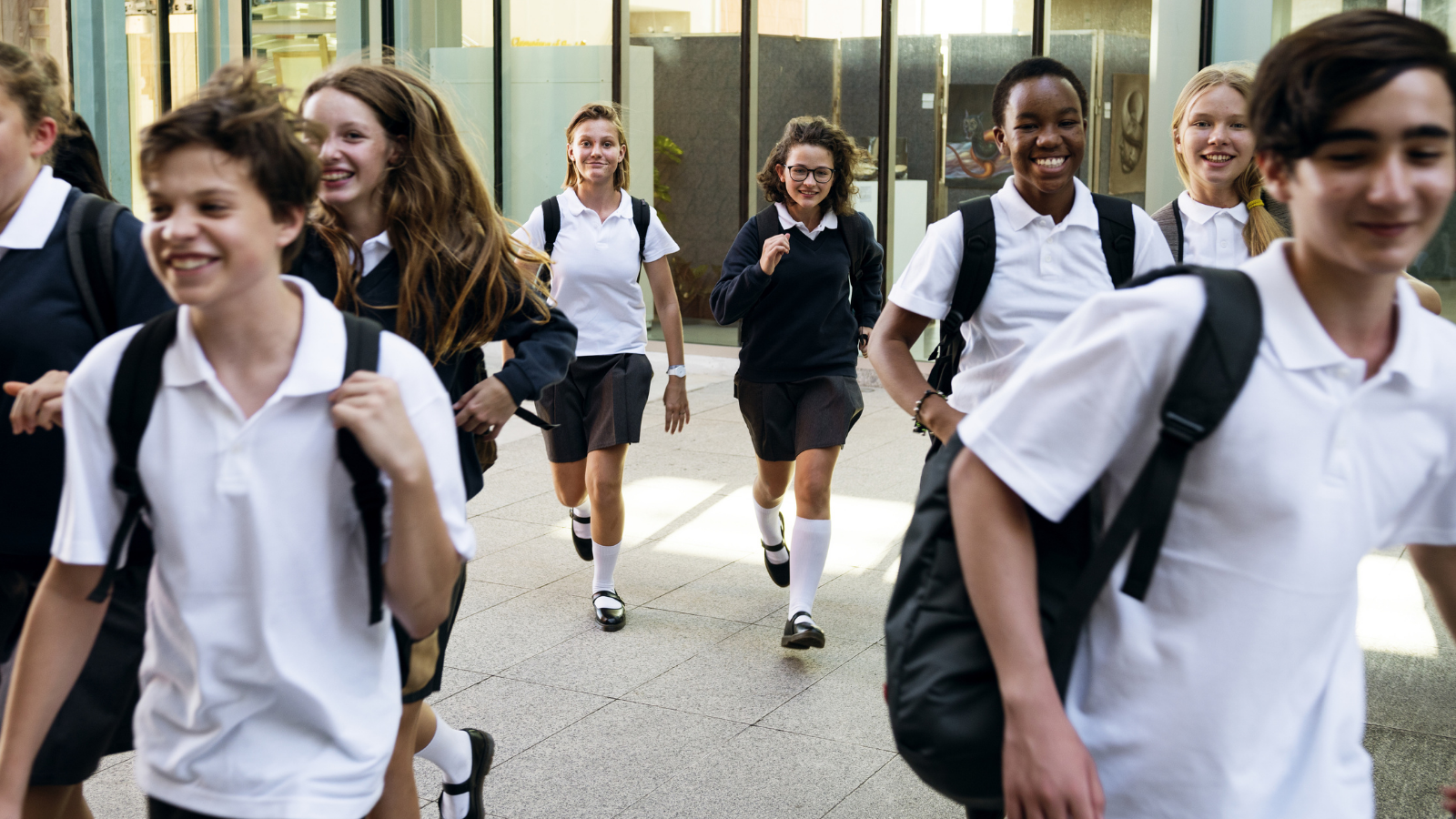
New SHRN paper published today reveals reasons to be cheerful
Today, Cardiff University’s DECIPHer Research Centre published a briefing paper on “Student wellbeing in Wales”. DECIPHer’s School Health Research Network (SHRN) collects data from secondary school children via the World Health Organization’s international Health Behaviour in School-aged Children (HBSC) Survey and its own Student Health and Wellbeing Survey. The surveys aim to increase our understanding of young people’s health and wellbeing in their social context. Improving young people’s health and wellbeing has been identified as one of the most important current public health issues.
The most recent survey took place in the autumn term of 2017 and was the largest survey of adolescent health and wellbeing undertaken in Wales to date. Over 100,000 children aged between 11 and 16, from 193 secondary schools across Wales, answered questions about their health and wellbeing. This briefing paper presents findings for adolescents in Wales across a small selection of variables pertaining to wellbeing.
This briefing reveals that there are a number of reasons to be optimistic about young people’s wellbeing in Wales. Most adolescents are happy with their lives, enjoy going to school and do not usually feel lonely during the summer holidays. However, there are notable inequalities in these outcomes.
Wellbeing and life satisfaction
Females report lower wellbeing and life satisfaction scores than males. Wellbeing and life satisfaction reduce as adolescents get older. In addition, this report shines a spotlight on socioeconomic inequalities in these outcomes, with adolescents from less affluent households reporting lower levels of wellbeing and life satisfaction.
School connectedness
The majority of adolescents liked school; however 15% stated they did not like school at all. The number of adolescents that liked school reduced as they got older (from 78% in year 7 to 47% in year 11) and adolescents from less affluent families liked school the least.
Summer holiday loneliness
Most adolescents reported not often feeling lonely during the summer holidays. However, more females and those from less affluent families reported frequent loneliness and feelings of loneliness increased as adolescents got older.
SHRN Principal Investigator, Professor Simon Murphy, said: “This is the largest survey of student wellbeing that has taken place in Wales and provides very valuable data on several aspects of adolescent wellbeing. The data will be useful for policy-makers and practitioners trying to improve young people’s wellbeing in Wales, highlighting as it does the need to address inequalities. Future SHRN surveys will allow us to evaluate policies and monitor progress in achieving this.”
The research, ‘Student Wellbeing in Wales: Initial findings from the 2017/18 Health Behaviour in School-aged Children Survey and School Health Research Network Student Health and Wellbeing Survey’, can be found here.
The forthcoming National Report for Wales will be available in May 2019, containing a much wider range of variables.
For further information, contact:
Dr Gillian Hewitt
Research Associate
DECIPHer
Cardiff University
T: 029 2087 9609
Dr Rebecca Anthony
Research Associate
DECIPHer
Cardiff University
T: 029 2087 9609